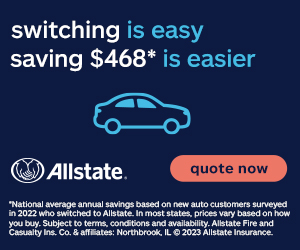Regular, plus and premium gas are not just different in their prices, but also in their content. They have different octane ratings with the premium being the highest and regular being the lowest. Due to the extensive and often misleading marketing by fuel companies, people consider premium gas as some sort of magic potion for their cars that could improve its performance.
However, that’s not the case at all. The performance of your car engine is not correlated to the type of fuel that you use.
Below, we addressed this misunderstanding by differentiating between fuel grades and the implications they have on your car’s engine:
Fuels Are Classified on Their Octane Ratings
At gas stations, the number displayed on the black and yellow backgrounds show the octane rating of the given fuel. Here, we are going to discuss what fuel classifications that exist in the US and what their octane rating is.
- Regular: Is the unleaded, standard gas that is available at every station with the octane rating of 87
- Plus: This is a slight upgrade on the regular gas with octane rating lingering in between 88-90
- Premium: This is the gas variant with an octane rating falling between 91-94
But it is still unclear why there is a need to grade fuel in this manner in the first place. What do these numbers mean?

Regular, Plus, or Premium—What Gas Is for Your Vehicle?
Car manufacturers typically tell buyers what octane rating their car should take. The majority of vehicles running on gasoline are designed to get going on regular gas (octane rating of 87). High-performance vehicles, on the other hand, usually need plus and premium fuel.
The Link Between Octane Rating and Engine
So, why do different engines need fuel with different octane ratings? Fuel with a higher octane number can withstand the high compression values of the piston cylinder. This prevents your fuel from igniting prematurely. The problem of engine knocking comes up when the fuel-air mixture combusts before the prescribed compression value.
High-performance vehicles have engines with high compression ratios. And to complement it, you need to use fuel with a higher octane rating (premium gas). Similarly, when you operate a regular engine where compression value is not that high, gas with an octane rating below 90 can burn without causing knocking.
Premium Fuel Is Not Going to Improve the Performance of a Regular Engine
The above discussion has made it clear that the fuel grading by octane rating is essentially done for the prevention of engine knocking, which indirectly improves an engine’s performance. So if your engine is designed to undergo optimal internal combustion with regular gas that has an octane rating of 87, using premium gas is a waste of money.
However, if your engine is rated for high-octane fuel, then always fill it with premium gas to prevent pinging and knocking.
